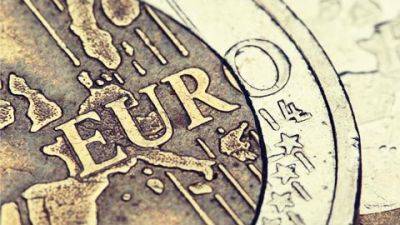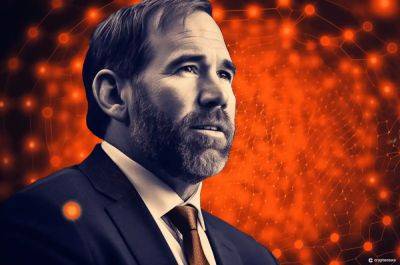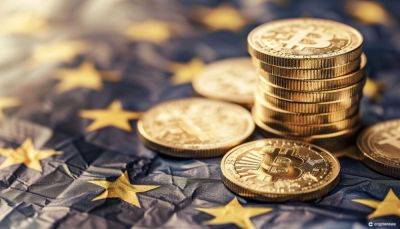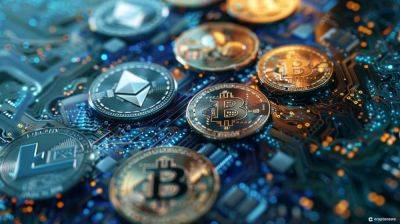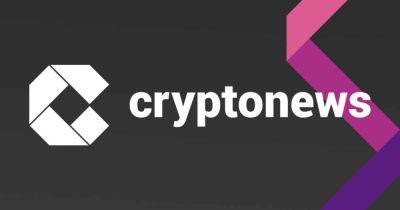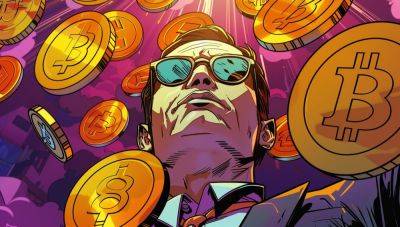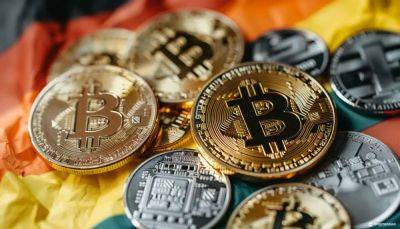Financial Inclusion for All: How Bitcoin Empowers Marginalized Communities
The fight for financial inclusion goes hand-in-hand with the fight for social justice. Marginalized communities, like the LGBTQ+ community, often face discrimination and barriers when accessing traditional financial services. This can range from difficulty obtaining loans due to lower credit scores to outright exclusion from banking systems in countries where LGBTQ+ identities are criminalized. With its decentralized and permissionless nature, Bitcoin offers a potential lifeline for these communities, fostering financial empowerment and self-determination.
Traditional financial systems often rely on credit scores and background checks, which can disadvantage marginalized groups. LGBTQ+ individuals may have lower credit scores due to factors like job instability or discrimination in the housing market. Additionally, some financial institutions may have hidden biases or internal policies that make it harder for LGBTQ+ people to access services. This lack of access to mainstream financial tools can create a cycle of poverty and limit opportunities for economic mobility.
A Path Towards Financial Inclusion
Bitcoin, on the other hand, operates on a peer-to-peer network, bypassing the need for traditional financial institutions. Anyone with an internet connection can participate in the Bitcoin network, regardless of credit history, location, or identity. This accessibility opens doors for financial inclusion, allowing LGBTQ+ individuals to manage their finances independently, send and receive payments globally, and potentially build wealth.
The Bitcoin price in US dollars today is about $70,000, making it a potentially valuable asset for those seeking an alternative store of value. Those who are unfamiliar with Bitcoin or
Read more on thegavoice.com

 thegavoice.com
thegavoice.com



